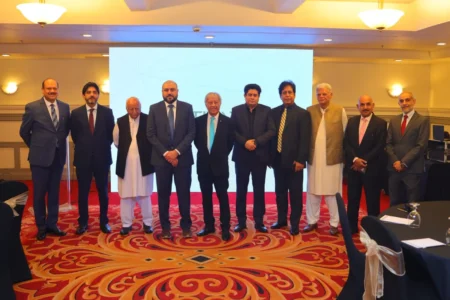ATHENS: A team of Greek archaeologists has just uncovered the first remnants of a once lost city believed to have been founded by former Trojan prisoners of war in the 12th or 13th century BC.
Excavations close to the village of Chiliomodi, in the southern peninsula region of the Peloponnese, unearthed a wide variety of artifacts which indicate the presence of the wealthy ancient city of Tenea.
The precise location of the city was previously only documented in historical sources and testimonies, but archaeologists were able to pinpoint the settlement’s location following the discovery of jewelry, coins and the remnants of housing.
The Greek Culture Ministry said,’We’ve found evidence of life and death’
“It is significant that the remnants of the city, the paved roads, the architectural structure, came to light,” lead archaeologist Elena Korka told “We’ve found evidence of life and death and all this is just a small part of the history of the place. The coming years will allow us to evaluate where we stand.”
The excavations started in the area in 2013 and were centered on the rich Hellenistic and Roman burial sites surrounding the city, where archaeologists discovered nine new tombs this year.
The team, however, also excavated extensive building facilities in a 672-meter square area for the first time this year, which are believed to be remnants of the ancient city itself.
Korka said that her team found key clues of the city’s presence, including children buried in the foundations of walls. “We found child burials; during the Roman times it was very strict where you bury the dead, and only babies were allowed to be kept inside buildings in the city, all the rest had to be buried outside,” she said.
Inside the buildings, archaeologists found portions of clay, marble and stone floors, along with well-crafted walls, some of which were covered in mortar.
Korka said that researchers may have also uncovered the presence of an atrium, with architraves, columns and other architectural features located in the interior of the structures. The lead archaeologist described the city’s construction as “luxurious” and noted that the buildings were “very strong and very well done.”
Hundreds of Roman gold coins found in basement of old theater
Several of these coins belong to the Emperor Septimius Severus (193-211 BC), which indicate that the settlement likely experienced particular economic growth during his dynasty.
Korka said that her team will continue to excavate areas surrounding the current finds, and aim to slowly develop a topographical map of the city. The archaeologists will also focus on new branches of research, including exploring the effects of endemic diseases on ancient populations.




